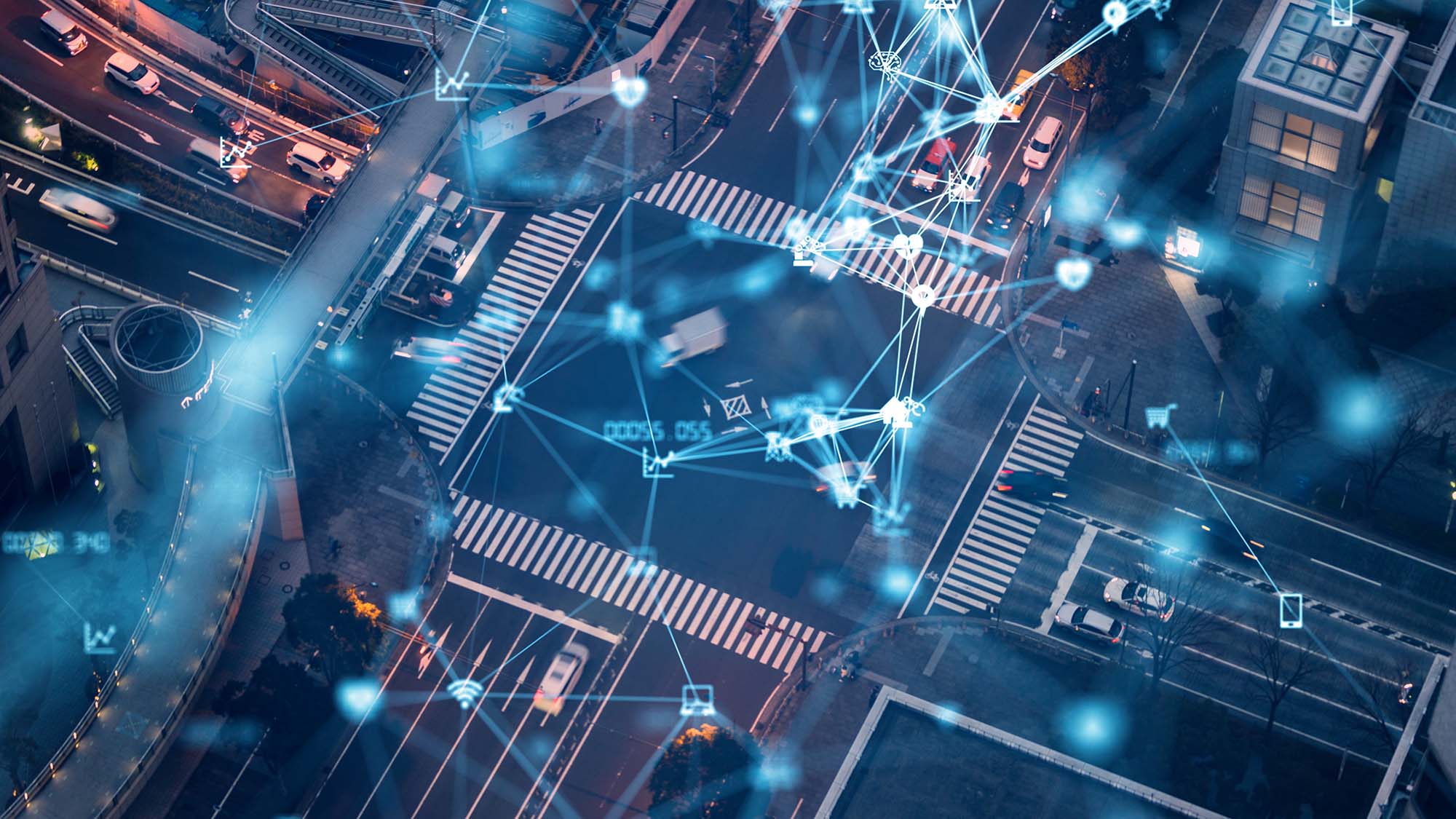The Artificial Intelligence Network Ingolstadt gGmbH (AININ) is a network for Artificial Intelligence (AI) research in the fields of mobility, commerce, health, production and ethics founded in 2019 at Technische Hochschule Ingolstadt. The purpose of the company is to coordinate, promote and conduct applied research and basic research in the field of information technology with a focus on the topics of AI and machine learning. The research is intended to develop socially relevant products in the field of AI technologies and to transfer the knowledge to companies, research institutions and individuals.
Easy Engineering: What are the main areas of activity of the company?
AININ: AININ deals with research questions on the use of AI in many areas with a special focus on mobility, trade, health, production and ethics. The different perspectives from science, business and society that come together in the process are intended to promote creative and interdisciplinary approaches and make AI solutions from one topic area quickly transferable to other areas. To achieve this, we work closely with our shareholders, companies worldwide and scientific partners from all over Europe as well as the Technische Hochschule Ingolstadt, the Catholic University of Eichstätt-Ingolstadt and the Fraunhofer network.

E.E: What’s the news about new products?
AININ: One of our current projects deals with the implementation of AI-based signal processing for object detection and sensor data fusion with the goal to optimize traffic flow and increase road safety in urban traffic. The overall project is funded by the Federal Ministry of Transport and Digital Infrastructure. Together with other partners the aim is to show and demonstrate the potential of AI for multimodal traffic control in urban traffic. For this, new control systems are being developed using AI methods, applied and also tested in real operation in the existing traffic system of the city of Ingolstadt. For the project, a high-definition test field containing three road crossings is currently being equipped with optical sensors in the city in order to be able to record and categorize road users in accordance with data protection regulations. Subsequently, the results will also be transferred to other cities.
E.E: What are the ranges of products?
AININ: The AI scientists in our network are using AI in various real application fields and they are also exploring of a wide variety of AI approaches in research. Spoken- and Natural-Language Understanding, Computer Vision for Intelligent Mobility Systems, Image Understanding and Medical Application of AI, AI in Consumer Commerce, AI-Applications in Innovative Production and Logistics Systems, Model-Based Systems Engineering and Software Engineering, Systems on Chip and AI in Edge Computing, Sustainable Urban Development and AI, Bio-Mechatronics and Sensor Data Analysis, Software Methodology for Autonomous Mobility Systems or AI & Moral Theology are just a few of the broadly diversified research approaches of the AININ gGmbH.

E.E: At what stage is the market where you are currently active?
AININ: The key word to the performance of AI algorithms is data. The more data we have available, the more robust the systems can be. A main challenge is to use the data in a proper way for the purpose of implementing real world applications. Also the validation and testing of AI-based systems, especially in safety critical applications, remains a challenge. Technologies for evaluation are already available in some areas and new data-based techniques are being further developed. The unbureaucratic access to a considerable amount of data is what some non-European countries have ahead of us in developing their systems. But this can also be an advantage for us. The development of legally secure and data protection-compliant systems can be an USP in global comparison (anonymization and derivatization of data). We want to develop systems that have a benefit for all people. Obtaining the data needed for this purpose is one of the drivers of the market. Our research is applied research. We therefore always conduct research with the aim of achieving a high technology-readiness level.
E.E: What can you tell us about market trends?
AININ: AI is rapidly gaining importance in numerous industries. The Internet of Things (IoT) and AI are powerful technologies, even if they are often addressed separately. However, bringing the two together opens up a multitude of opportunities for companies to innovate and digitize their existing systems. While IoT provides a huge amount of data from connected devices, AI quickly extracts real-time insights from this data. There is still a lot of untapped potential within companies. In order to be able to evaluate existing, structured data quickly and efficiently and, at best, to be able to derive direct action steps, we support companies and scientists with our services.

E.E: What are the most innovative products marketed?
AININ: As an automotive location and one of Germany’s four model regions in the field of “Urban Air Mobility”, Ingolstadt is one of the pioneers in researching questions about autonomous mobility in two-dimensional and three-dimensional space. In addition to technical development, this also involves the conceptual design of an infrastructure and the integration of unmanned vehicles and aircraft for passenger or freight transport into the existing mobility system. Currently, for example, work is being done in the Ingolstadt area on the development of the CityAirbus, a vertical-take-off autonomous taxi drone. The same applies to autonomous road vehicles (cars and buses), which will complement our transport system in a few years.
E.E: What estimations do you have for 2022?
AININ: In 2022, we will expand our AI network activities even further. The goal is to gain more national and international corporate partners, to link up with scientific research institutions in the field of AI and to develop further research projects. Through the European Union’s digitalization offensive, numerous funding lines in the field of AI are expected again next year. We want to use these – for visible technological progress that will serve the general farewell.

